In May 2023, the AddressForAll team met members of Chile’s National Statistics Institute (INE).
The Quest to Open Up Address Data
The dialogue sought to catalyze understanding about the processing and disclosure of address data.
Notable Members in Attendance
The meeting was attended by Christian Bonilla, AddressForAll ambassador based in Ecuador, Fredy Rivera, AddressForAll ambassador based in Colombia. Oreana Florez, partner relations, based in Venezuela, Thierry Jean, President of the AddressForAll institute, as well as Denisse Elizabeth Lopez Arenas, statistics analyst at INE.
Overcoming Challenges to Move Forward
This event was marked by the pertinence of the moment, as INE is planning the country’s next census for 2024. So it was a great time to talk about the disclosure of address data, since the census is the opportunity to collect Address data with the GPS position of the cell phones used by the census team.
However, the INE continues to have a rigid interpretation of the Chilean statistical secrecy law and is not planning to publish the address data collected in the Census for the time being, as it considers it to be private data. This rigidity has already appeared and is appearing in several other countries, and others have resolved the drama.
The rigidity mentioned above has been overcome in other Latin American countries such as Brazil, Uruguay, Colombia and Mexico. How did they overcome it? In these countries, decision-makers, through internal meetings within the statistical institutes, analyzed and concluded that address data is inherently public in nature! It is clear that any individual exploring a particular location has the ability to collect address information, such as street name, house number, as well as latitude and longitude coordinates. This data can be readily shared online after the visit.
In the countries mentioned, there was no need to make legislative changes or issue additional decrees. What happened was a broader interpretation of existing legislation. This exercise of analysis alone has made it possible to disclose addressing data without imposing legal textual additions.
This is due to the recognition of the importance of disclosure for the economy and the improvement of services to the populations of these nations. In other words, this understanding enabled a more substantial return on the investment made in the census. This return transcends the mere “quantification” of statistical information, as the open availability of an address base also saves lives when the ambulance knows where is located the person in need.
AddressForAll: An Ally For Transformation
Faced with this global panorama, AddressForAll has emerged as a valuable partner. Its extensive expertise is readily available to support INE and other government bodies in bringing about this transformation in the world of address data. The meeting not only fostered mutual understanding, but also instilled a shared vision: the opening up of address data represents a journey that spans the globe, and AddressForAll is prepared to play a prominent role in this development in the global and Chilean context.
Sowing the seeds of change for a transparent future
As INE prepares for the 2024 census, awareness is growing that the open data trend is unstoppable. We firmly believe that the drive towards the adoption of open data is coming to fruition, and we offer AddressForAll’s support for this.
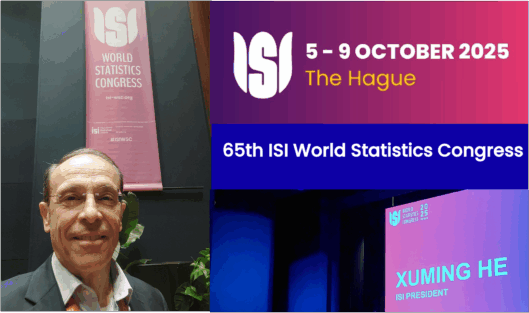
Thierry intervenes in the World Statistics Congress in The Hague (Netherlands)
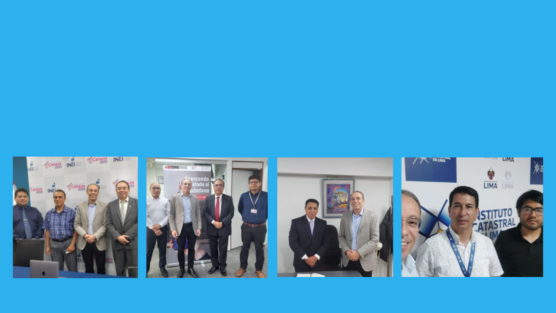
Driving Digital Transformation in Peru: A Unified Address System in the Works
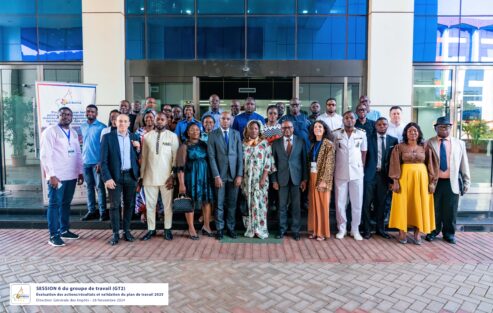
Delivering the BANOC Codes: A Landmark for Open Addressing in Cameroun
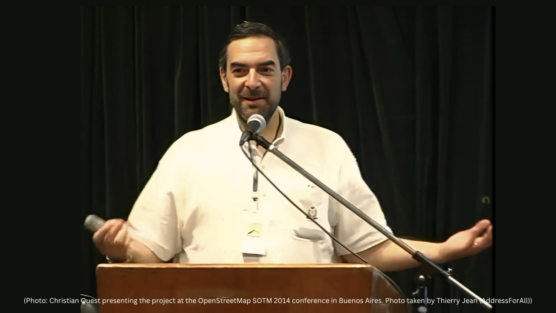
10 Years of BAN (Base Adresse Nationale): A Revolution in Address Management in France
Hey how's it going?
Can you write your comments here?

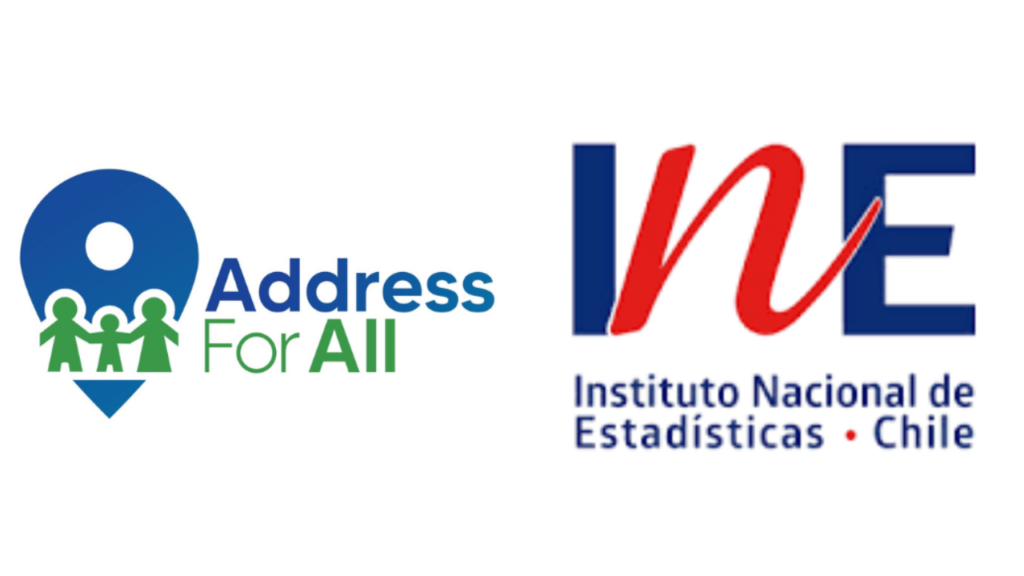
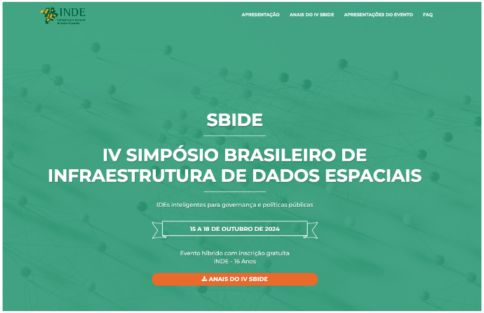
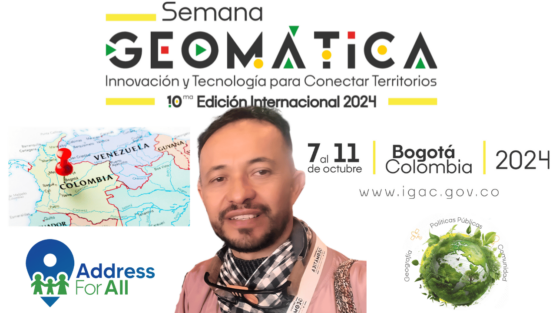
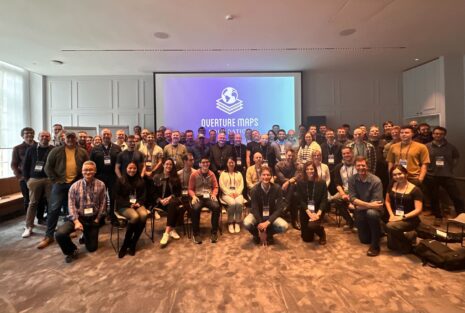
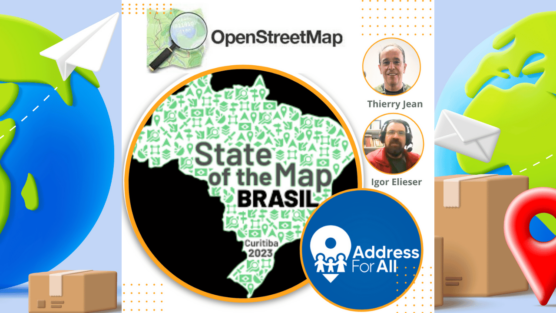
EgxdwOpXCyTH
fRqnwjTZsCIM
Thanks for sharing. I read many of your blog posts, cool, your blog is very good.
Your point of view caught my eye and was very interesting. Thanks. I have a question for you.
Can you be more specific about the content of your article? After reading it, I still have some doubts. Hope you can help me.